 |
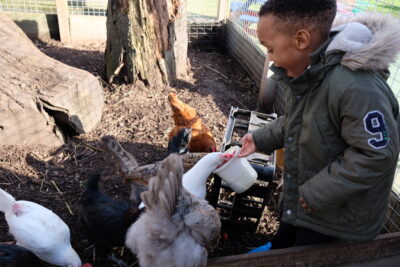 |
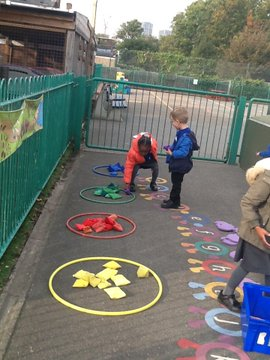 |
The Early Years Curriculum |
|
The Early Learning Goals (ELGs) are the knowledge, skills and understanding which young children should aim to have acquired by the time they reach the age of five. The Early Years Foundation Stage Curriculum is made up of seven areas of learning; 3 prime areas and 4 specific. The prime areas of learning are: – Communication and Language – Physical Development – Personal, Social and Emotional Development The specific areas of learning are: – Literacy – Mathematics – Understanding of the World – Expressive Arts and Design |
Characteristics of effective learning (CoEL) |
|
CoEL is about how children learn rather than what they learn. Children, particularly during their Early Years, form attitudes about learning that will last a lifetime. Three characteristics of effective teaching and learning which are intertwined into the provision at Maryland are: Playing and exploring – children investigate and experience things and are willing to have a go. |
Early Years at Maryland Primary School |
|
| INTENT |
The school provides a rich and exciting curriculum, with a strong focus on active, play based exploration to develop curiosity, critical thinking and a love of learning both indoors and outdoors. Communication & Language are prioritised because of the diversity and language needs within our community. PSED is another key focus so that pupils can learn to operate and interact well in a social setting, as this is often the first educational experience for them, especially post-pandemic. We support the children to develop their self-confidence and independence in order to become resilient to face future challenges. |
| IMPLEMENTATION |
Teacher planning is based on emerging pupil interests. For example, investigating static electricity which could lead to further science experiments. Teachers also plan to cover topics which might not necessarily be of interest to a child initially (but may develop into one) due to their prior limited experiences, such as exploring famous artists using paint, colours and patterns. |
| IMPACT |
Progress is outstanding from overall low starting points. GLD is consistently above national standard. In 2019, 76% of children who had been with us since Nursery achieved a Good Level of Development compared to 65% for children who joined in Reception. The LA moderation process in 2018 demonstrated that our end of year reception judgements were highly accurate. The moderator commented, “The EYFS staff have a ‘nothing is impossible’ attitude (to ensure the children get the very best)”. |
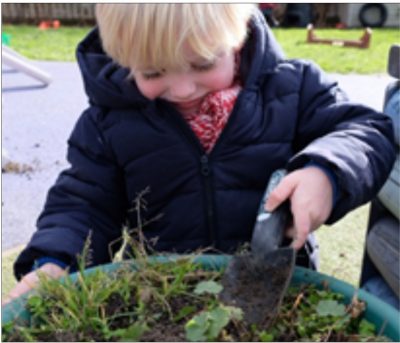
|
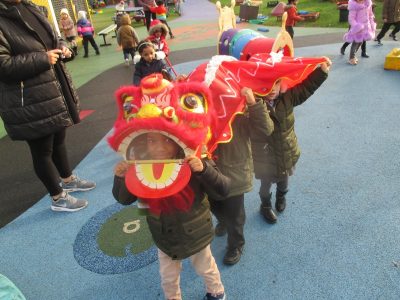 |
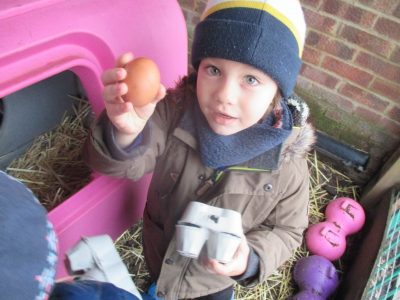 |

